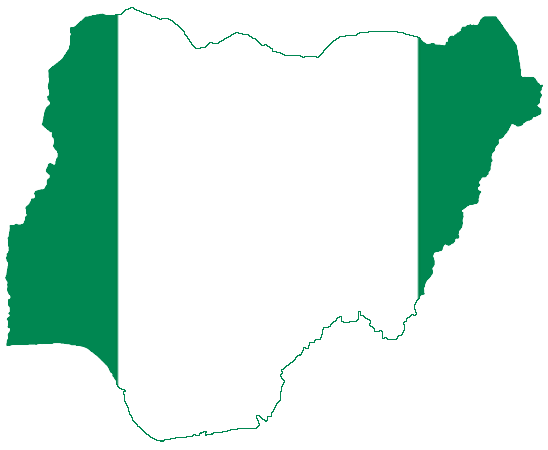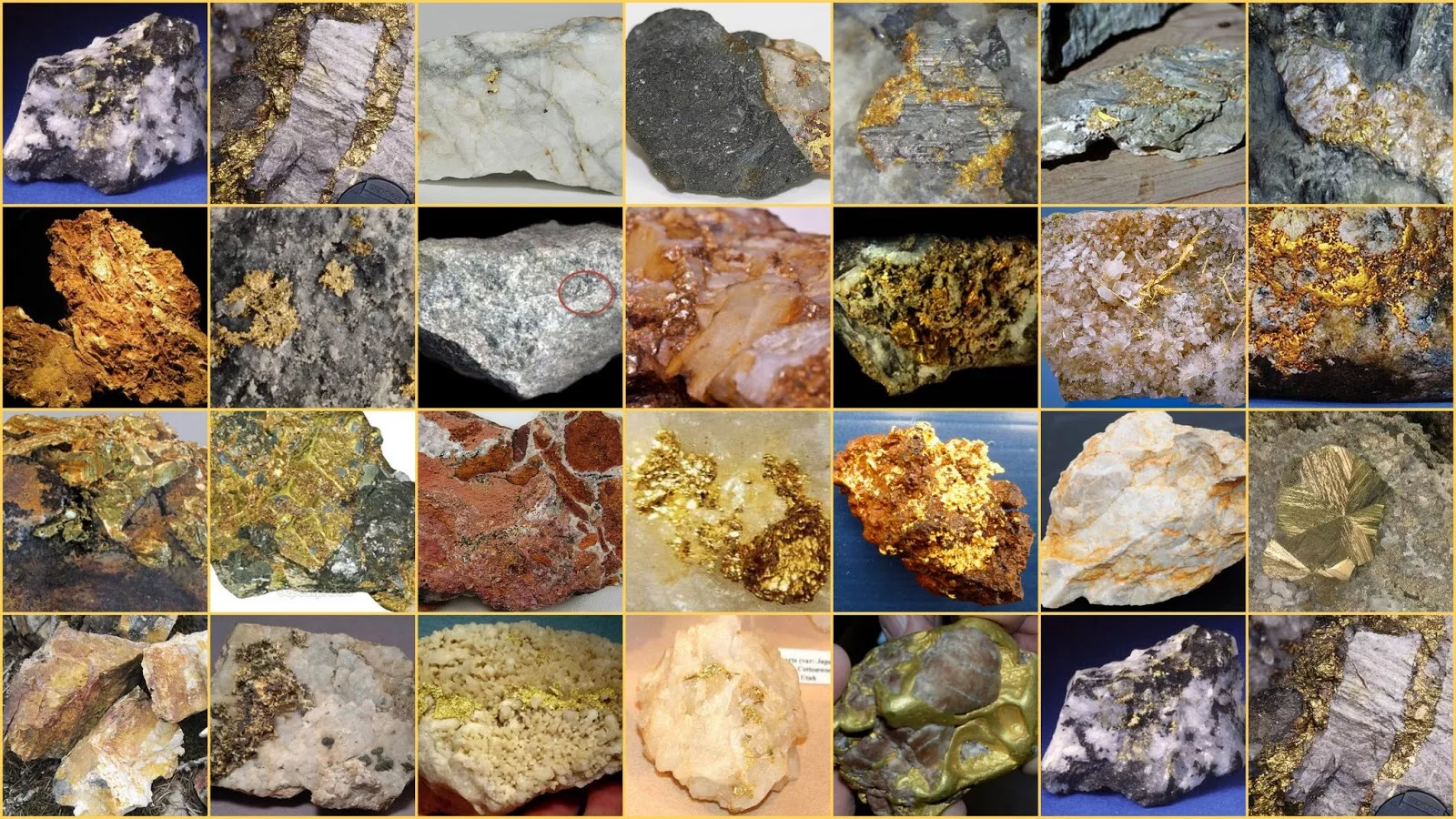Nigeria’s Neighbouring Countries: Full List
Nigeria is surrounded by four neighbouring African countries that it shares various boundaries with. These countries include: Republic of Benin whose boundary is in Southwestern border, Cameroun linked to Cross River in the South-south region of Nigeria, Chad to the North-East and Niger respectively.

Republic of Benin
This is a small African country near Nigeria that was formerly called Dahomey. It shares boundaries with Burkina Faso, Togo and Niger Republic. Benin was colonized by France until its independence when the name was changed from Dahomey to the Republic of Benin in 1991.
Its capital, Porto-Novo is said the area where business thrive but Cotonou is the location of the seat of authority of the sovereign state and Its largest city. The population of the state is very small when compared to other nations in Africa estimated at about 10.9 million persons living in Benin.
Most of its citizens lives around the southern coastline of the Bight of Benin which stretches from the Gulf of Guinea near the Atlantic Ocean. Economically wise, Agriculture is the country’s major source of revenue generation. In fact, most jobs in the country is centered around farming.
The official language of Benin is French but the native languages spoken in this country is Fon and Yoruba respectively. The religion that has been dominant in the country is Christianity (Roman Catholicism), while other religions like the Muslims, traditional worshipers and Protestant Christians are also present.
Chad
The Republic of Chad is the fifth largest country in Africa in terms of land mass. The country’s capital is N’Djamena which is the largest city in Chad. This country was named after the popular Lake Chad and shares boundaries with Sudan to the east, Niger to the west, Libya to the north, the Central African Republic to the south, while Cameroon and Nigeria to the southwest.
Just like Benin, the country too was colonized by France. It was in 1920 under the leadership of François Tombalbaye that the country gained independence. Corruption and poverty rate is on the high among the people of Chad, which is caused by increase in high birth rates and stealing of public funds.
The dominant religion in Chad is Islam while the Christians in this country are few. The official languages in Chad are majorly Arabic and French. With over 200 different ethnic groups, people in this country are mostly cattle rearers while crude oil exportation as the country’s major source of income.
Note that Chad is the largest country bordering Nigeria
Cameroon
Cameroon is also among Nigeria’s neighbouring country that shares boundaries with Chad to the North-East, Central African Republic, Equatorial Guinea, Gabon and Congo. On the African map, Cameroon’s coastline forms part of the Gulf of Guinea and lies on the Bight of Biafra.
History has it that Cameroun was colonized by both Germany, France and even Britain. It was until 1961, a year after Nigeria got her independence that Cameroun became independent. The official languages spoken by Cameroonians are mostly French and English aside their local dialect.
Citizens of this country are mostly farmers and Christianity and other African religions are practiced by its inhabitants. Note that Cameroun is a sovereign nation with extreme cultural diversity. Some of the tourist attractions in this country ranges from beaches, mountains, deserts, rain-forests, and tropical savannas. Mount Cameroon is the highest mountain in this country and Douala is the economical threshold of the country.
The capital of Cameroun is Yaoundé while the popular Bakassi peninsula which shares boundary with Nigeria is the region that has caused a lot of frictions with these two neighbouring African countries.
Republic of Niger
Niger is a west African country that got its name after the Niger River. With a land mass measuring 1,270,000 km2 (490,000 sq mi), it holds the record as the largest country in West Africa with over 80% of its land area covered with the sands of the hot Sahara Desert.
The country shares borders with Chad to the east, Libya to the northeast, Nigeria to the south, Benin, Burkina Faso, Mali and Algeria to the northwest. The borders that links Niger and Nigeria has over the years seen people of that area intertwine similar culture, ethnic group and religion. This is seen in their nomadic lifestyle of cattle-rearing.
The country‘s capital city is Niamey and predominant Islamic population make up about 21 million persons found in this state. Illiteracy, famine, corruption and poverty in Niger is on the high as seen in the United Nation’s recent report on human development which ranked Niger 187th on the list.
